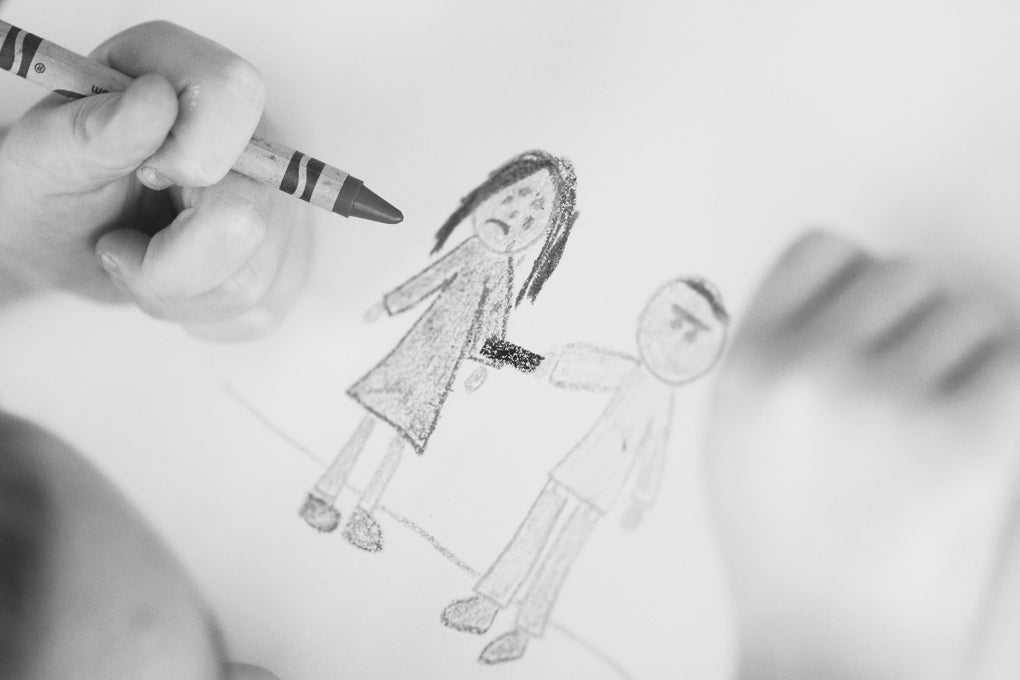A lifetime of relationships
Published 8:31 pm Monday, January 26, 2015
Last year, 62 murders occurred in North Carolina. That seems like a relatively small number—and it is. But that number does not represent the total number of homicides in the state. It only represents the number of murders committed in domestic violence incidents in the state.
But there is another type of violence outside of domestic situation that poses a great threat to children: that of dating violence.
Line up 100 high school students and 10 of them will have experienced physical victimization or sexual victimization from a dating partner within the last year. That’s right—physical and sexual abuse in relationships does not wait for adulthood. For 10 percent of the population, it’s starts young. So young, that impressionable young minds might not latch on to the fact that no relationship should include violence. To back this up is a 2011 Centers for Disease Control report that found that 23 percent of females and 14 percent of males who experienced physical or sexual violence and/or stalking as an adult, experienced partner violence for the first time between the ages of 11 and 17.
Unhealthy relationships, no matter the age of the participants, can cause depression and anxiety; can lead to unhealthy behaviors, like tobacco, drug and alcohol use; can lead to antisocial behaviors; can lead to thoughts about suicide.
For parents, grandparents, the message is clear: talking to children now about healthy relationships can have long-term effects — positive long-term effects. Not addressing the issues of physical, sexual, psychological or emotional violence, and stalking, either in person or online, can also have long-term effects — and not for the good. Every child deserves the information, and the chance, to establish a pattern for a lifetime of healthy relationships.





